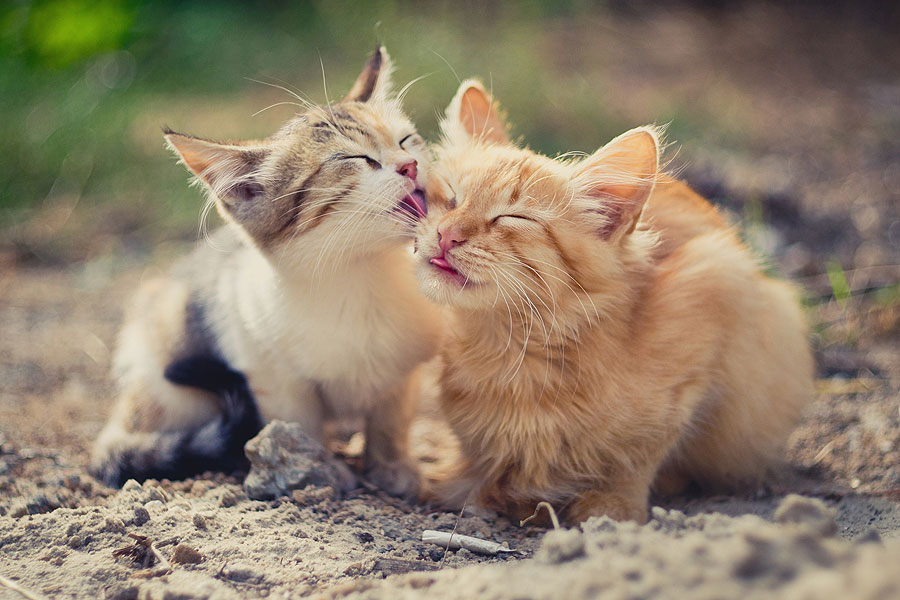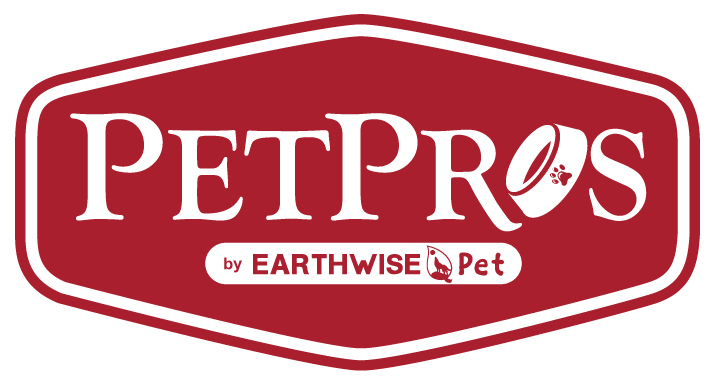
In case you haven’t noticed, cats take a lot of pride in how they look – and this doesn’t come without a lot of hard work and grooming. From the minute they enter the world, kittens are introduced to proper grooming techniques by their mothers and it quickly becomes a part of their day-to-day routine. But all that licking results in the ingestion of fur and eventually leads to a most unpleasant hairball. And while the delivery of a hairball is unappealing to observe, it is even more uncomfortable (even painful) for the dignified and fancy feline. The good news is that there are some ways to effectively and naturally help your cat prevent hairballs from occurring.
Common hairball remedies, such as Laxatone, contain petroleum products – some of which have been linked to hormone disruption. Fortunately, there are more natural remedies for hairball relief. We recommend these three approaches.
1. Brushing/Hair Removal
Brushing your cat more frequently is the easiest way to reduce hairballs. The more hair you get off, the less she will groom off herself and swallow. Furminators (or undercoat rakes) work well for both long and short haired cats – especially when you are just getting started. Slicker brushes are ideal for detangling long haired cats. Most cats enjoy being groomed but for those who don’t, or for those with sensitive skin, massage brushes, such as the Furbliss Pet Brush, can help win them over and make for some great bonding. Start slow with just a few strokes per grooming session and slowly build up. Also try grooming your “furball” when she is sleepy and then reward with her favorite treats!
2. Digestive Aids & Fiber
Adding digestive enzymes to your cat’s food can help dramatically reduce hairballs. The enzymes actually help break down the consumed hair in the digestive system and allow for easier passage. And as an added bonus, your cat will get more of the nutrition provided in her food as the digestive enzymes make the food easier to digest and absorb! If your cat is an extra heavy shedder (or during peak shedding season), you can add a teaspoon of pumpkin to her food. This will also help move any ingested hair through the intestines. Firm up Pumpkin Super Supplement for dogs and cats is an easy and convenient topper or treat!
3. Fish Oil
Fish oil, such as salmon, pollock and sardine oil, is great because it fights hairballs on both fronts. The oils nourish the skin and coat to help reduce shedding and help move ingested hair along the digestive tract – all while nourishing the intestinal tract. Fish oil truly is the best Omega 3 oil for cats as it works from the inside out. Feel free to give it to your kitty daily!
Most domestic cats shed throughout the year, with increased shedding during the spring and fall seasons. A healthy, natural diet of “wet” food (canned, dehydrated, freeze dried or raw), combined with the methods mentioned above should help make hacking and hairballs a thing of the past (or at least reduce them to only a few during peak shedding season) – allowing your cat to remain the purr-fect prince or princess it is.

